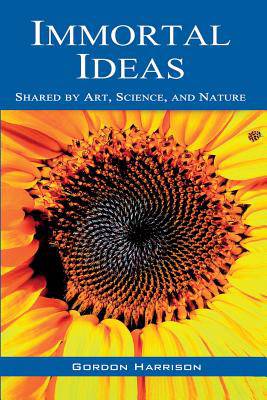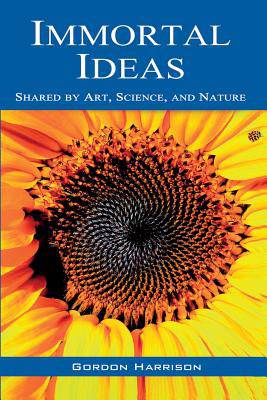
- Afhalen na 1 uur in een winkel met voorraad
- Gratis thuislevering in België vanaf € 30
- Ruim aanbod met 7 miljoen producten
- Afhalen na 1 uur in een winkel met voorraad
- Gratis thuislevering in België vanaf € 30
- Ruim aanbod met 7 miljoen producten
Zoeken
€ 48,45
+ 96 punten
Omschrijving
We live in the greatest scientific age of all time; yet we live in the most innumerate of times. Our science writers need to inspire us with the beauty and power of their art, the same stirring splendor found in literature and music. We need writers like Shelley whose description of the mundane water cycle in the final stanza of "The Cloud" can rouse a class from somnolence. We need to touch people with the profound beauty common to art and science. This is my motivation! Today we have journeyed to a distant place far removed from C. P. Snow's The Two Cultures where he described how art and science speak mutually incomprehensible languages. Now the world is even more fractured - we need to be healed. Each chapter is built around a single idea that's common to art, science, and, nature. The last chapter is a summary of the previous nine. Although this book is nonfiction, sections of each chapter and the climax are developed by two semihistorical characters: one from the Iliad, the other from the Odyssey - the two blessed men of Odysseus. The older is Epius the engineer/scientist who with the sanction of Odysseus built the Trojan horse and ended the war. The younger is Phemius the poet/minstrel compelled to entertain the suitors in Odysseus' absence. On his return the hero slew the suitors but spared and blessed Phemius as a man inspired by god. Both scientist and poet have been alive for three millennia, interacting with history's great ideas through famous men and women.
Specificaties
Betrokkenen
- Auteur(s):
- Uitgeverij:
Inhoud
- Aantal bladzijden:
- 438
- Taal:
- Engels
Eigenschappen
- Productcode (EAN):
- 9780987959652
- Verschijningsdatum:
- 21/08/2014
- Uitvoering:
- Paperback
- Formaat:
- Trade paperback (VS)
- Afmetingen:
- 152 mm x 229 mm
- Gewicht:
- 580 g

Alleen bij Standaard Boekhandel
+ 96 punten op je klantenkaart van Standaard Boekhandel
Beoordelingen
We publiceren alleen reviews die voldoen aan de voorwaarden voor reviews. Bekijk onze voorwaarden voor reviews.











